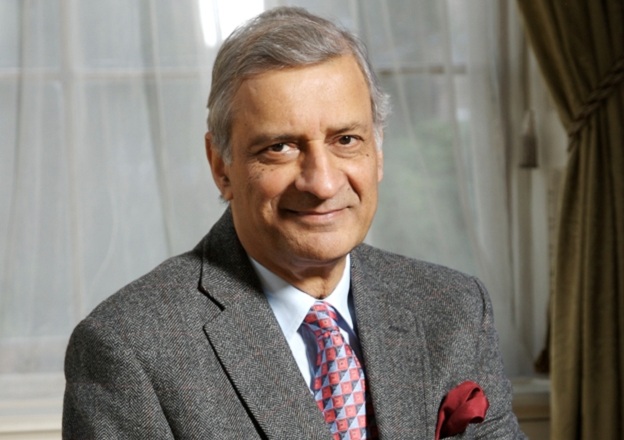
Development, together with democracy, has been one of the twin pillars of the Commonwealth. Since 2000 our member states have collectively accorded great importance to advancing the eight Millennium Development Goals that were agreed at the United Nations. The 2015 target date, by which it was hoped these goals would be attained, will soon be upon us.
While substantial headway has been made, both globally and in the Commonwealth, a long road still lies ahead. Particular challenges remain in meeting targets on basic education, maternal mortality, hunger and gender equality. The final global push is being led by two Commonwealth countries, Australia and Rwanda, as co-chairs of the MDG Advocacy Group convened by the UN Secretary-General.
As we assess progress and measure achievements against agreed benchmarks, work towards international convergence on a post-2015 sustainable development framework is already underway. The Commonwealth has a long record of building consensus around global challenges and is well placed to provide both analytical and practical insights into the debate, based on extensive experience of growth and development within the unmatched variety of our membership.
Reform of the global development agenda has featured prominently at recent Commonwealth ministerial meetings, and will continue to do so going forward. The 2012 Commonwealth Conference of Education Ministers in Mauritius set up a Ministerial Working Group to define Commonwealth development priorities for education post-2015, whose recommendations were conveyed through UK Prime Minister David Cameron, Co-Chair of the UN Secretary-General’s High-Level Panel advising on the global development framework beyond 2015.
Meetings in 2013 of Commonwealth Ministers of Health, Youth, Women’s Affairs and Environment have also considered how our combined efforts can best be directed to promote a robust, sustainable and effective global approach to development in these fields. It has been seen as important to reach agreement both on the goals themselves and on the means by which they can be achieved. Commonwealth Health Ministers emphasised the need to champion the goal of maximising health at all stages of life, including through universal health coverage and access.
Commonwealth Youth Ministers and Youth Leaders, meeting in Papua New Guinea, agreed on the importance for the post-2015 framework of a specific goal on youth participation and empowerment, and youth focused indicators on all goals, and put forward these recommendations to the UN High Level Panel and the UN Envoy on Youth.
Commonwealth Women’s Affairs Ministers in Dhaka endorsed a twin-track approach to gender equality, as well as a stand-alone goal to ensure that gender equality is an objective in its own right and mainstreamed across all other goals. They also agreed that the context of the framework should address gender economic inequality and in social institutions, norms and practices, and emphasised the importance of working with men and boys as partners.
Recognising that violence against women and children remains a critical issue affecting women’s empowerment with huge social costs, Ministers recommended that it should receive priority attention.
In the new Commonwealth Secretariat Strategic Plan 2013-2017 there is a special focus on the post-2015 development agenda and its importance for our member states. The Plan recognises that there are opportunities as we continue to strive towards the MDGs by 2015 and also – as planning for the new global development architecture is carried forward – for distinctive Commonwealth advocacy. These include our principles of inclusiveness and equity, our fundamental values and our concern for the small and vulnerable as reflected in the Marlborough House Declaration of 2008.
The Secretariat has an impressive history of engaging and influencing global discussions and decision-making processes. On behalf of the Commonwealth family, we will continue these efforts, with telling research and analysis and prescriptions, identifying trends, gaps and opportunities for the future.





